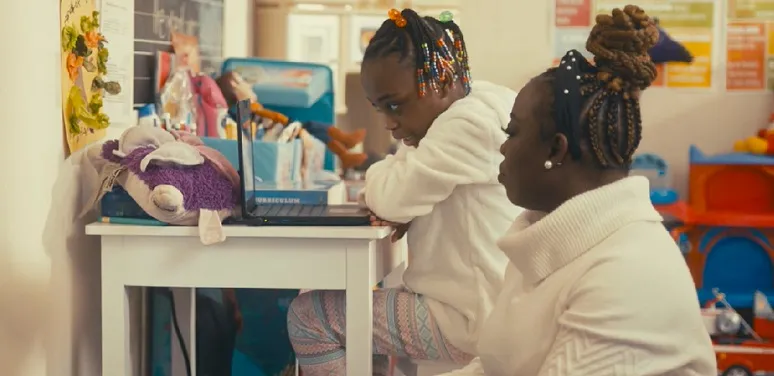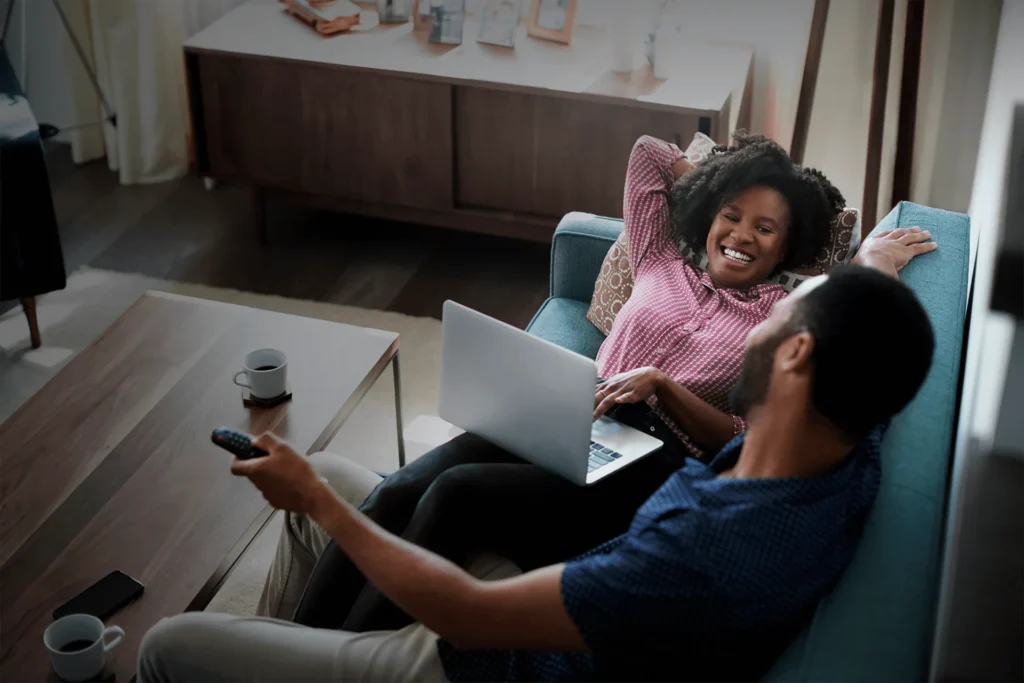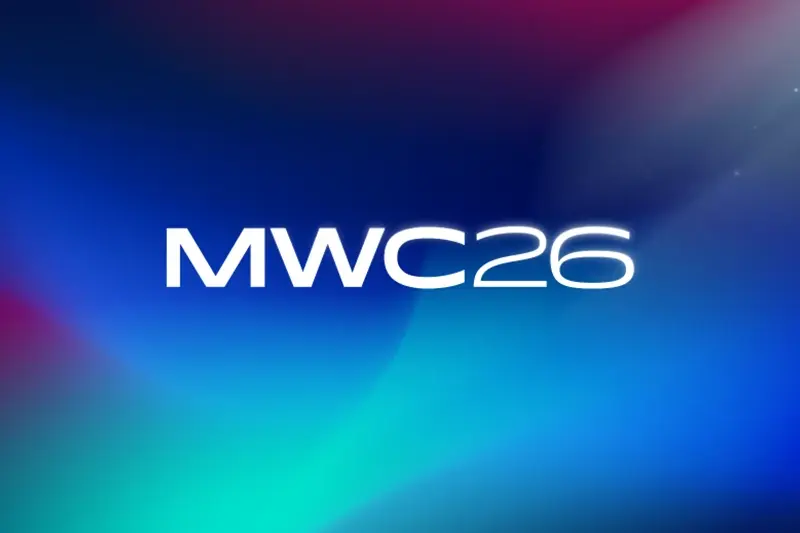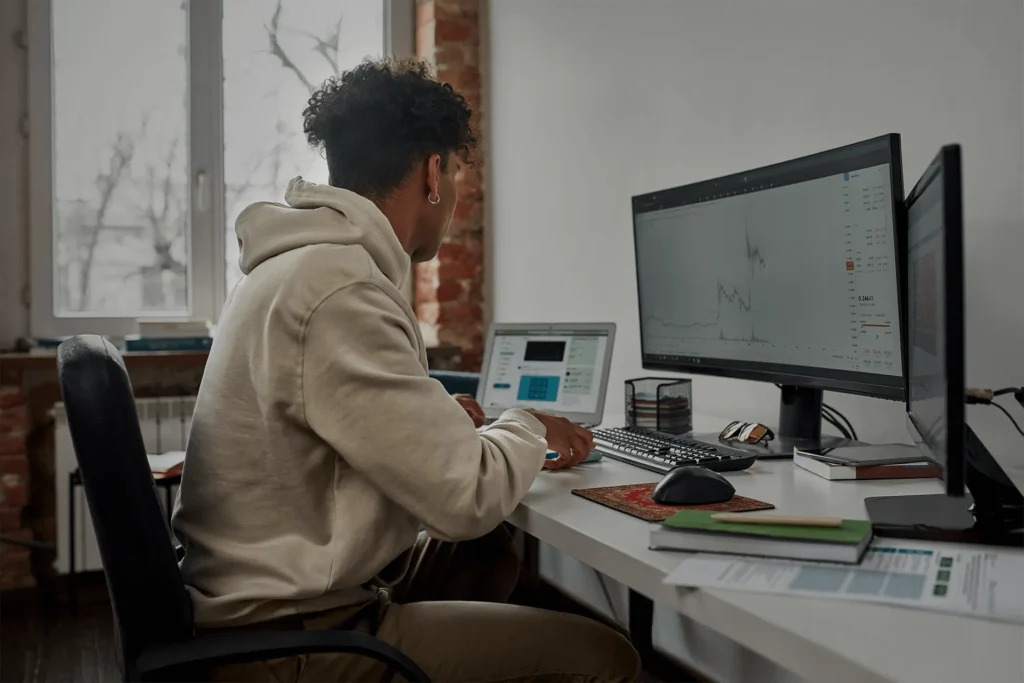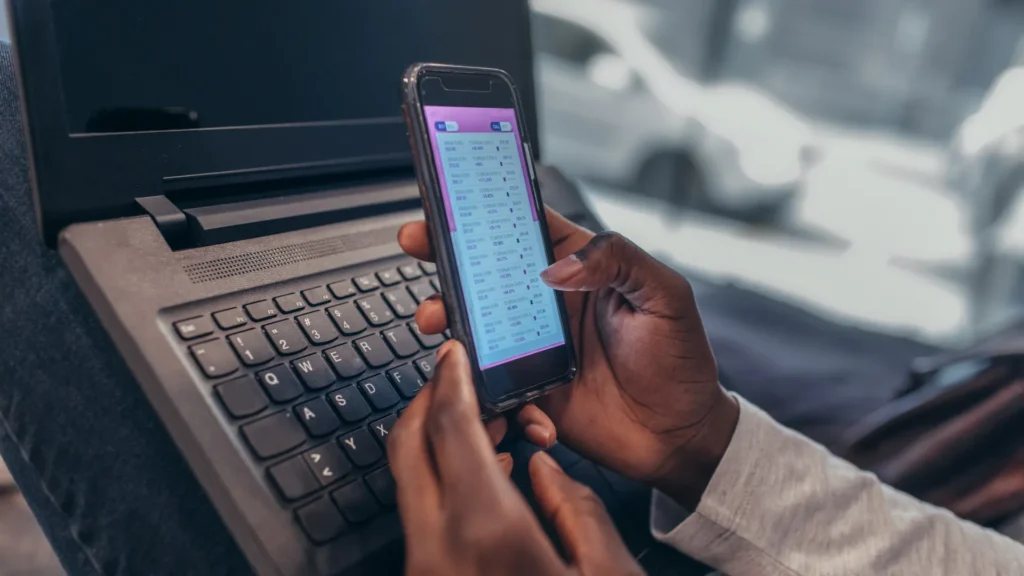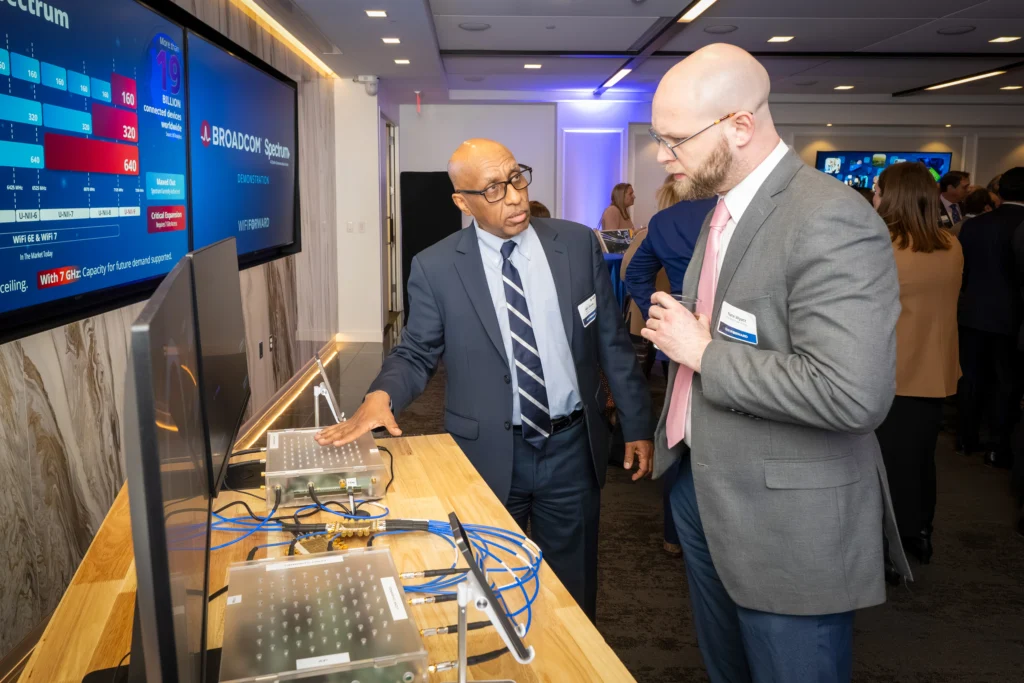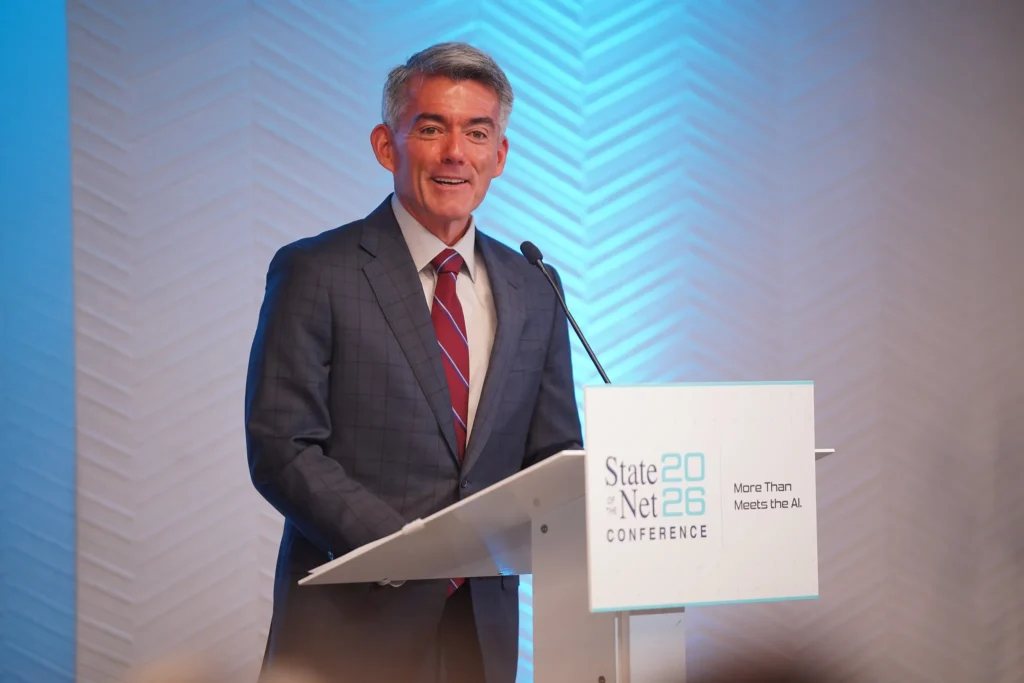Since LaJoy Johnson-Law gained access to the internet in her home last year, life has completely changed for her and her 8-year-old daughter, Abria. A resident of southeast Washington, D.C., Johnson-Law is one of 14 million people who have been connected to broadband internet through the cable industry’s broadband adoption programs over the past decade.
While Johnson-Law, like many other Americans, was able to make due without the internet for many years by either using the internet at a neighbor’s home every once in a while or her phone’s hotspot, everything changed when COVID-19 hit the world. Abria’s school went completely virtual, and having a strong and robust internet connection at home became essential for Abria to continue learning. And while Johnson-Law’s employer provided her with a mobile hotspot to be able to complete her own work online, Johnson-Law knew that alone would not meet her family’s connectivity needs. Not to mention, Johnson-Law was also completing higher education classes online plus running for a school board office. She needed a digital platform for her campaign and to communicate with her community.
“When the internet was set up and working, it felt amazing. It felt like we were connected with the world. It was also a sense of relief because [not having internet] had been a point of stress,” said Johnson-Law.
But prior to COVID, Johnson-Law had no idea she qualified to receive low-cost internet service through broadband adoption programs. It wasn’t until Abria’s school encouraged her to apply in March 2020 that she decided she would do everything she could to get the resources that her daughter needed to learn at home. She completed an application online on her phone and was surprised to learn that her family qualified through the National School Lunch Program.
“There are so many qualifications that families can tap into. I want to be able to share that info so that all families can have [internet] for their children,” said Johnson-Law. Just a couple of days after she applied, a self-installation kit was sent to her home. She was able to install the internet by herself by following the kit’s instructions and watching the program’s video tutorial on her phone.
As previously mentioned, the new internet service has allowed Abria to learn at home for a large part of the past year through videoconferencing with her teacher, reading books online, counting online and engaging in online educational programs. At school, Abria receives specialized instruction through an Individualized Education Program (IEP), and so it has been critical for their family to have high-speed internet at home in order for her to receive services such as speech, physical therapy and occupational therapy online tailored to Abria’s needs.
Johnson-Law also created a Facebook Live show that she and Abria put on every two weeks called, “Storytime with Abria.” They would read Abria’s favorite books together as a way to digitally connect with other kids and parents during some of the most isolating times of the pandemic.
Having internet access at home has also made a difference for Johnson-Law’s personal goals. She conducted “lunch and learn” online sessions with her community while she was running for the school board and was able to continue her education advocacy efforts. Johnson-Law is also looking into obtaining a doctorate online as well, having successfully completed her associate’s, bachelor’s and master’s degrees online over the past few years. “Now that everything is online, it has created many more opportunities, including for myself,” she said.
Johnson-Law emphasized, “We are living in a digital divide. It’s not a secret. We have to get devices and the internet into people’s hands. I want to help any way I can, and to share that the resources are here.”
For more information on the cable industry’s broadband adoption programs, visit NCTA’s page on closing the digital divide.

